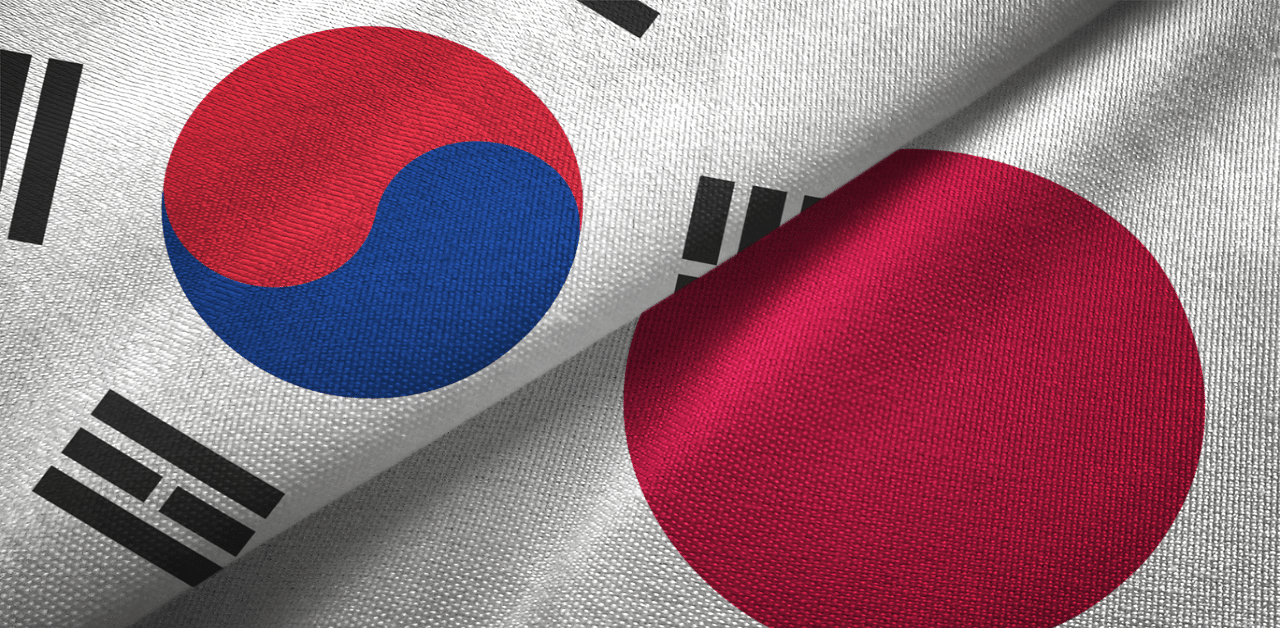
Japan's trade ministry on Thursday expressed regret over the World Trade Organization's decision to set up a panel to rule on Tokyo's export curbs on some technology materials to South Korea, in an escalating dispute stemming from wartime history.
Japan said on Thursday it was disappointed South Korea was proceeding with a complaint to the World Trade Organization, a day after the body set up a panel to rule on curbs imposed by Tokyo on exports of some key technology materials to its neighbour.
"We think it is extremely regrettable that South Korea has not honoured our agreement to resolve the matter through dialogue and communication," Mitsuhiro Fukuyama, director of the International Legal Affairs Office at Japan's trade ministry, said.
"Under the present situation, it is difficult to have policy dialogue with South Korea."
In July 2019, the Japanese government said it would stop preferential treatment for shipments to South Korea of three materials that companies such as Samsung Electronics Co Ltd use to make smartphone chips and displays.
The WTO set up the dispute settlement body on Wednesday despite Tokyo's opposition, said South Korea, which filed the complaint.
South Korea's trade ministry said it plans to prove that Japan's export restriction measures are "arbitrary and discriminatory" and to urge Tokyo to withdraw the measures as soon as possible.
It usually takes 10 to 13 months for the WTO dispute settlement body to make a final decision, Seoul said.
A Japanese trade ministry official said that Japan believes the issue should be resolved through dialogue and that it is regrettable that South Korea acted in a way that could spoil talks between the two countries.
South Korea last year filed a WTO complaint over Japan's tighter export controls, but Seoul in November suspended the proceedings.
In June, however, South Korea said it would recommence the WTO action, citing little progress in talks with Japan.
Bilateral relations deteriorated after South Korea's Supreme Court in 2018 ordered two Japanese companies to compensate wartime workers in a ruling that Tokyo said violated international law. Japan says the issue of compensation was settled under a 1965 treaty.
Curbs on two of the materials - hydrogen fluoride, used as an etching gas in the chipmaking process and fluorinated polyimides, used in smartphone displays - remain in place and exporters need to gain permission for each shipment, which takes around 90 days.
Seoul, which resumed its WTO complaint in June after talks stalled, plans to show Japan's export restriction measures are "arbitrary and discriminatory" and is urging Tokyo to withdraw the measures as soon as possible.
Japan also this week condemned a statue in South Korea that appears to depict Japan's prime minister, Shinzo Abe, kneeling and bowing to a seated "comfort woman," a euphemism for women forced to work in Japan's wartime brothels.